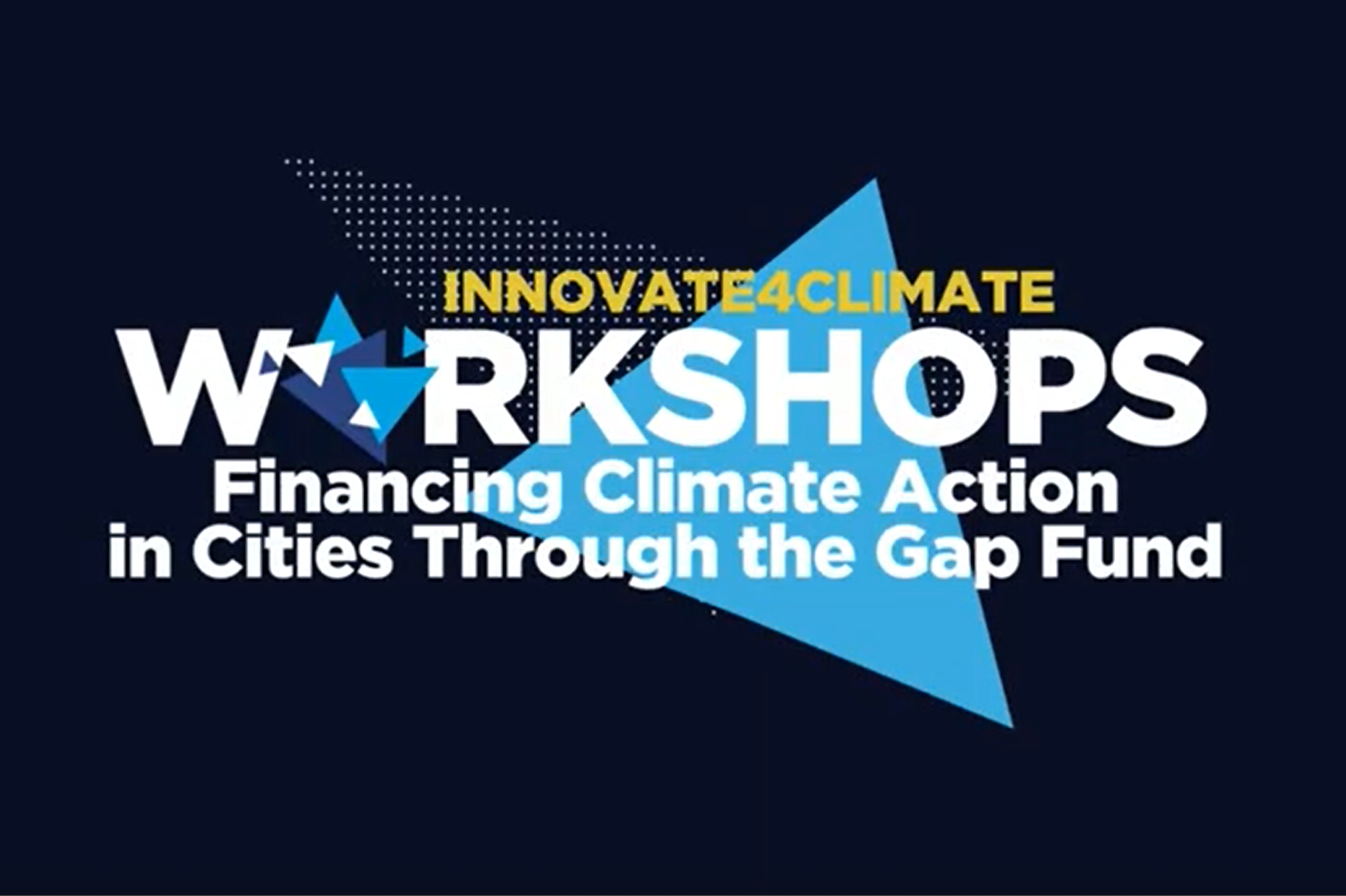Financing Climate Action in Cities through the Gap Fund









Cities are both key contributors and drivers of climate change with urban areas accounting for more than 70% of global energy-related greenhouse gas emissions. They are also at the forefront of coping with the economic impacts of the ongoing COVID-19 crisis and leading the efforts on building back better during the recovery. As such, efforts to address these twin challenges hinge on cities and their capacity to innovate and take lead on local actions. However, many cities in developing countries face significant technical, financial and institutional barriers. Both the public and private sectors have critical and complementary roles to play in scaling up support to cities through climate-informed urban spatial and investment planning.
The objective of this workshop will be to convene government, financing and development actors around the global cities and climate agenda and to facilitate a dialogue on the opportunities and key constraints to financing and implementing climate-smart investments. The workshop will also serve as a platform to present the City Climate Finance Gap Fund (Gap Fund)– an initiative of the German Government and the Global Covenant of Mayors for Climate and Energy (GCOM) implemented by the World Bank (WB) and European Investment Bank (EIB) which aims to help cities in middle-income and low-income countries transition towards low-carbon and climate-resilient pathways. It will feature city mayors and representatives that are currently receiving grant support from the Gap Fund to help turn their ideas into strategies and finance-ready investments.
